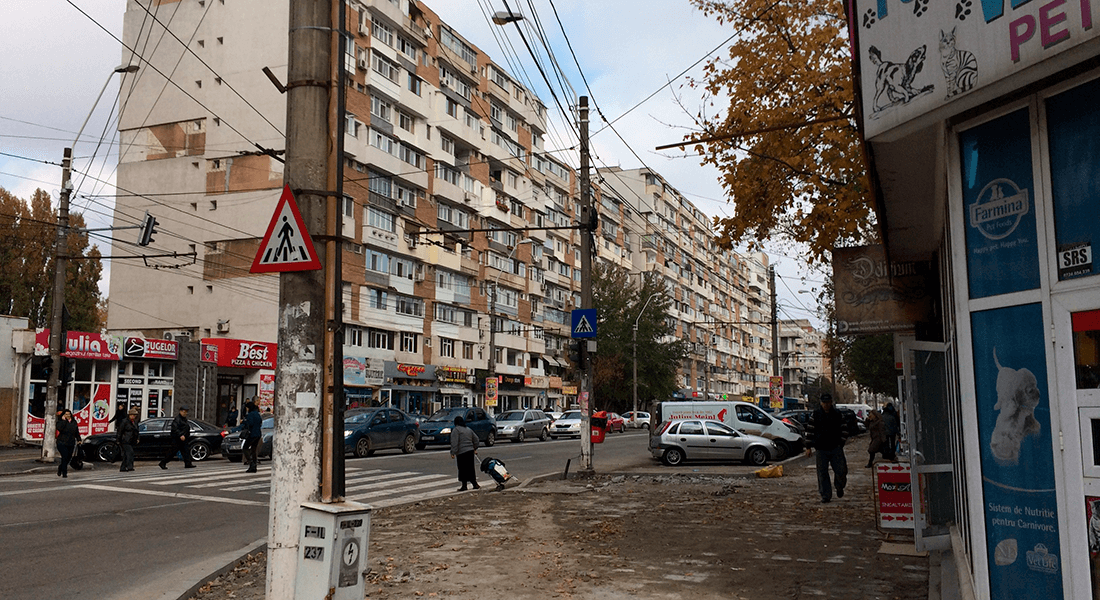Human Traffickers: The social circuits of human trafficking and transnational, organised crime (TRAFFICKER)
The project investigates the people who facilitate, manage and orchestrate human trafficking: the traffickers. The key question is: who are the human traffickers, if we look beyond the stereotypes?

The industrial city of Galati in eastern Romania, where part of the fieldwork among people convicted of human trafficking will take place. Photo: Trine Mygind Korsby.
During the past two decades, millions of euros have been spent by national governments and international organisations on combatting human trafficking and on offering assistance to victims of trafficking. However, we know surprisingly little about the people who facilitate, manage and orchestrate human trafficking: the traffickers. But who are the human traffickers, if we look beyond the stereotypes? The TRAFFICKER project will answer this question and fill this knowledge-lacuna, by ethnographically investigating the business operations and social relationships of human traffickers, via the analytical concept of ‘social circuits’.
The project is based on ethnographic fieldwork in two sites, in respectively one country of origin and one destination country of the traffickers: (a) the city of Galati in Eastern Romania, and (b) in prisons in Lisbon, Portugal, among inmates that are incarcerated for human trafficking.
“Human trafficking has long been on the international agenda, but we know surprisingly little about the people classified as human traffickers. Often the debate is dominated by stereotypes in the media, in movies and in political debates. This project is about looking beyond such stereotypes,” Assistant professor Trine Mygind Korsby says.
The project illuminates:
- How human trafficking is carried out by traffickers on the ground, and thus how national criminal networks make their illegal business transnational.
- The ways in which the kinship relations and social relationships of human traffickers hinder or enable their transnational criminal livelihood.
- The lives of human traffickers both during and after imprisonment and their navigation of legal and illegal work domains.
The project is carried out by Assistant Professor Trine Mygind Korsby, and it is based at the Centre for Global Criminology, Department of Anthropology, UCPH.
The project will be carried out over three years (2024-2026) in collaboration with the City University of New York (CUNY), where Trine Mygind Korsby will work for part of the project period.
Researchers
| Name | Title | Phone | |
|---|---|---|---|
| Search in Name | Search in Title | Search in Phone | |
| Trine Mygind Korsby | Assistant Professor | +4535323481 |
Funded by:
The TRAFFICKER project is funded for 3 years by a Marie Skłodowska-Curie grant, awarded by the EU’s Horizon Europe Programme. Marie Curie Actions support talented researchers in Europe. The grant is awarded as a so-called Global Fellowship with time spent in a country outside the EU.
Project start: 1 January 2024
Project end: December 31, 2026
Contact
Trine Mygind Korsby
Assistant professor
Department of Anthropology
Mail: trine.korsby@anthro.ku.dk
Phone: +45 35 32 34 81
